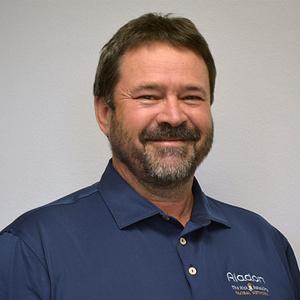
1 minute read
SAVING INSTITUTIONAL KNOWLEDGE
MARIUS BASSON President

Aladon Network (US)
Many of our companies have institutional maintenance and reliability knowledge residing with an ageing workforce of engineers and trades. Without appropriate informationsharing strategies there is significant business risk that the knowledge leaves with them. Rooted in thoughtware developed by John Moubray, ‘the father of RCM’, Marius will share case studies and strategies that companies are using to save this vital institutional knowledge.
The struggle to find suitable experienced and talented workers is not new, it just took on another level following the Covid endemic. Firstly, more experienced and knowledgeable workers took early retirement than what industry experienced during the economic downturn in late the 2000s. The work methods change from in person meetings to remote media meetings, training courses are delivered on-line, very little interaction between coworkers since offices moved to home offices (companies have empty office buildings everywhere) and the informal meetings around coffee stations and offices almost disappeared Operations and maintenance regimes changed from routines to “important and emergency” work only. The demographics in the workforce are constantly changing, experienced people leave and open jobs for younger less experienced workers with little or no transition of skills and knowledge. Workers have to learn on the job and errors and mistakes are more common.
Industry is starting to rely on AI to better operate and maintain plants and to start replacing human judgement However to the best of our knowledge, RCM is still the best method to enable operations and maintenance to capture and retain the knowledge and information in a technically correct way (if performed correctly). RCM is a zero-base approach where all assumptions are unearthed, and decisions are made in a structured way. If applied correctly, RCM can be very useful to ensure that AI is meaningful (decisions based on facts and not just gut feel), that the knowledge of the retiring workforce is captured and retained and to ensure improper practices are not transferred to the new generation




